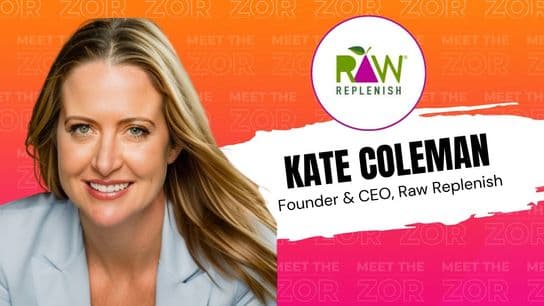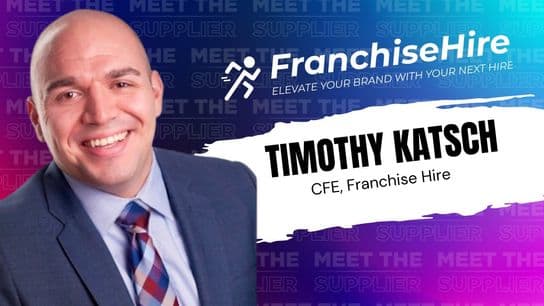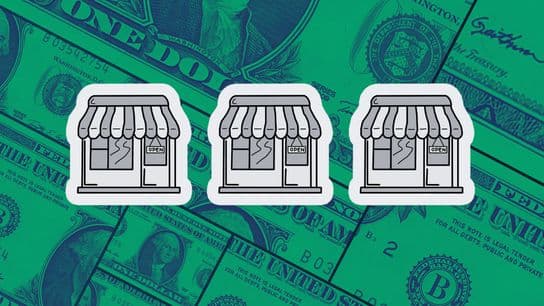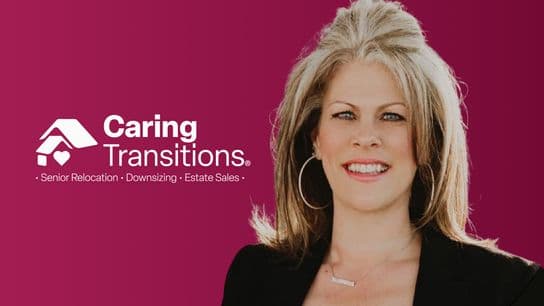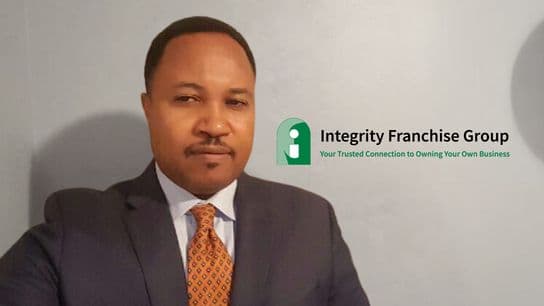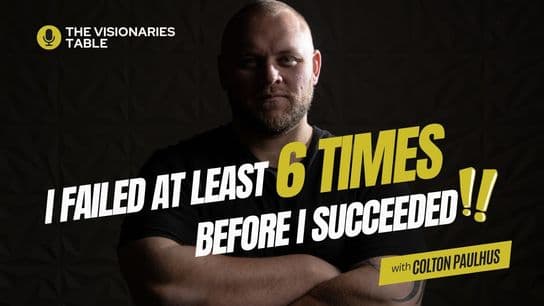How Franchisors Can Make the Most Out of a Resale
Franchisors should be prepared for the inevitable resale in order to keep closures to a minimum.
Not every franchise location that opens up shop will last forever. It’s an inevitable event for any franchise system, and it’s up to the franchisor to make the most of the property and the territory once a franchise owner is ready to move on from the business.
For some, a resale may come after struggling to have success with the model, a lack of support, or simply due to the business being a bad fit for them personally. And for others, a resale is the exact reason they got into business—to move on and sell their location.
“Most franchise candidates are thinking about multiple units, the next location or territory. If they see a system with a lot of closures, there is less confidence that they can do that,” says No Limit Agency* Vice President Scott Oaks.
Director of Franchise Development at BrightStar Care, Chris Connolly, has worked in franchising for close to 17 years and stresses the importance of how the resale is handled for the customer’s sake.
“For many franchise businesses, a resale must be handled correctly because it can have significant client impact. Most importantly, the transfer process should be as seamless as possible to the end user.”
From a franchisor’s perspective, keeping resale numbers high and closure numbers down will impact the growth of the system due to closures being listed in the Franchise Disclosure Document. The more you have listed, the more a franchisor will have to explain to potential franchisees during the discovery process.
“Seeing a lot of closures discredits the viability of the model and the system to a potential candidate,” says Oaks.
Once you turn those potential closures into successful resales, you’ll have a story to tell. Connolly explains, “Showing more resales to potential franchisee tells a story of how your franchise system has the ability to either set up successful locations for those who want to eventual sell, or for those who are struggling, you are able to step in and help them.”
The best way to make the most of the resale is to have a resale program in place for existing franchisees. You know not every franchisee will become a franchisee forever, so your team should be prepared and give the owners all of the tools they need to sell their business.
“A dedicated resale program outlines exactly the steps an owner will need to take in order to list their business,” explains Oaks.
If you have already made the mistake of waiting to set up a program and you have a location that is ready to exit, the franchisor should at least put together a checklist for the owner to use before they are able to market their business for sale.
The franchisee should be able to answer any question that a potential franchisee might have in the typical discovery process. What is the valuation of the business? What is the revenue? Are there resources for marketing and advertising? Providing the existing franchisee with tips on negotiating and a timeline of the actual transfer from one owner to another are also important for the franchisor to provide according to Connolly.
“If possible, start thinking about how you will execute the resale six months before a franchisee wants to make the exit in order to find the right buyer for the business. The more time the better for a franchise resale,” says Connolly.
*This brand is a paid partner of 1851 Franchise. For more information on paid partnerships please click here.


